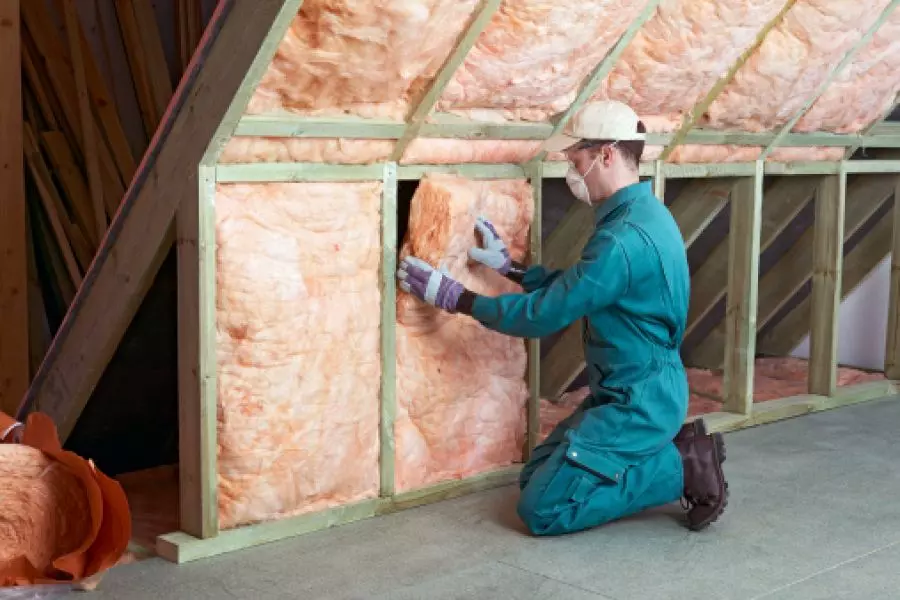News
Landlords proactive on insulation, smoke alarms

Tuesday 9th of June 2015
Ninety percent of the 4,817 rental properties covered in a recent NZ Property Investor Federation members’ survey already had some form of insulation.
Of those members who had improved the level of insulation in their properties over the last year, 57% had funded this themselves.
NZPIF executive officer Andrew King said that this is an ongoing process for landlords belongi...
Want to read the full article?
Click the button below to subscribe and will have unlimited access to full article and all other articles on the site.






![[The Wrap] Bye Bye Bayly](https://goodreturns.publit.io/file/c_fill,w_900,h_600/39f23ac1-f7c7-4854-b700-a150004ebbac.webp)


